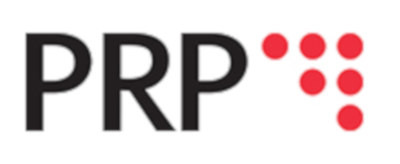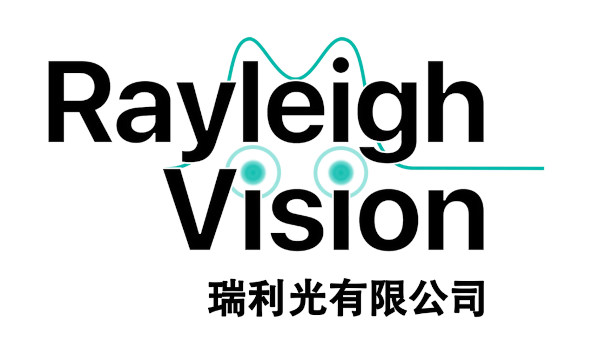Mikro Mesa
Mikro Mesa is a Taiwan-based startup established in 2014 that is developing Micro-LED technologies.
Mikro Mesa focuses on large area displays. In 2019 the company announced a breakthrough in its transfer process that can now move 4" RGB microLED arrays.




 UK-based PRP Optoelectronics was established in 1989 to provide LED display solutions. PRP provides complete in-house design, development and manufacturing capabilities for a range of LED light engine and display applications.
UK-based PRP Optoelectronics was established in 1989 to provide LED display solutions. PRP provides complete in-house design, development and manufacturing capabilities for a range of LED light engine and display applications. Germany-based QubeDot develops and manufactures microLEDs and microLED-displays based on the InGaN material system for particularly high optical performance and switching speeds. Based on the knowledge of several years of research, the company offers customized microLED solutions.
Germany-based QubeDot develops and manufactures microLEDs and microLED-displays based on the InGaN material system for particularly high optical performance and switching speeds. Based on the knowledge of several years of research, the company offers customized microLED solutions.
 Rayleigh Vision was established in 2023 in Hong Kong, to developed stacked microLED display technologies. The company's technology enables the stacking of LEDs on top of each other, to create high-density displays.
Rayleigh Vision was established in 2023 in Hong Kong, to developed stacked microLED display technologies. The company's technology enables the stacking of LEDs on top of each other, to create high-density displays. 
 Samsung is a multi-national company, based in South Korea, that produces and markets a wide range of consumer electronic products and components such as displays and memory chips.
Samsung is a multi-national company, based in South Korea, that produces and markets a wide range of consumer electronic products and components such as displays and memory chips.


